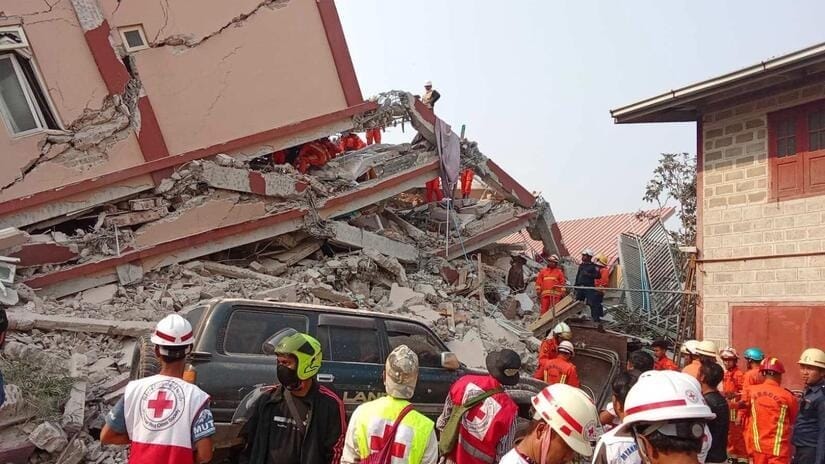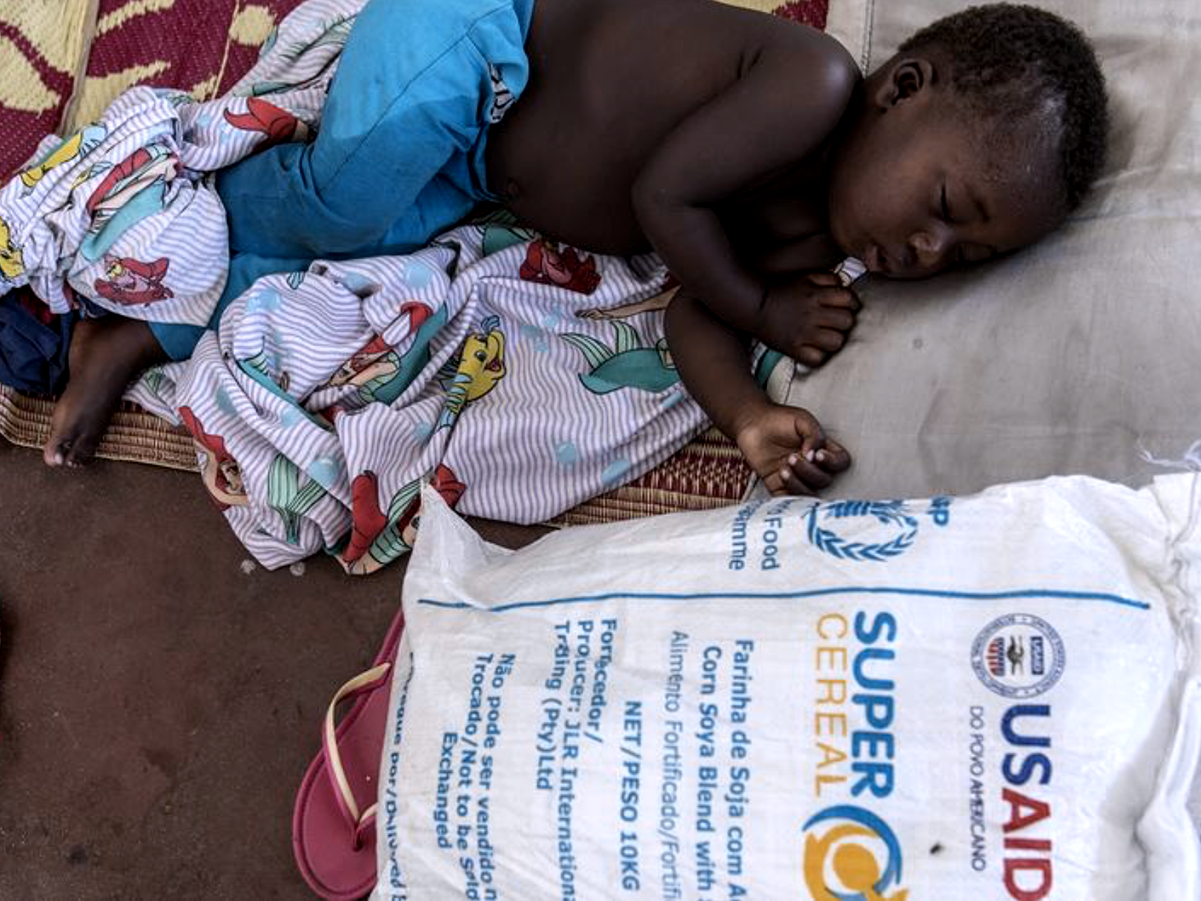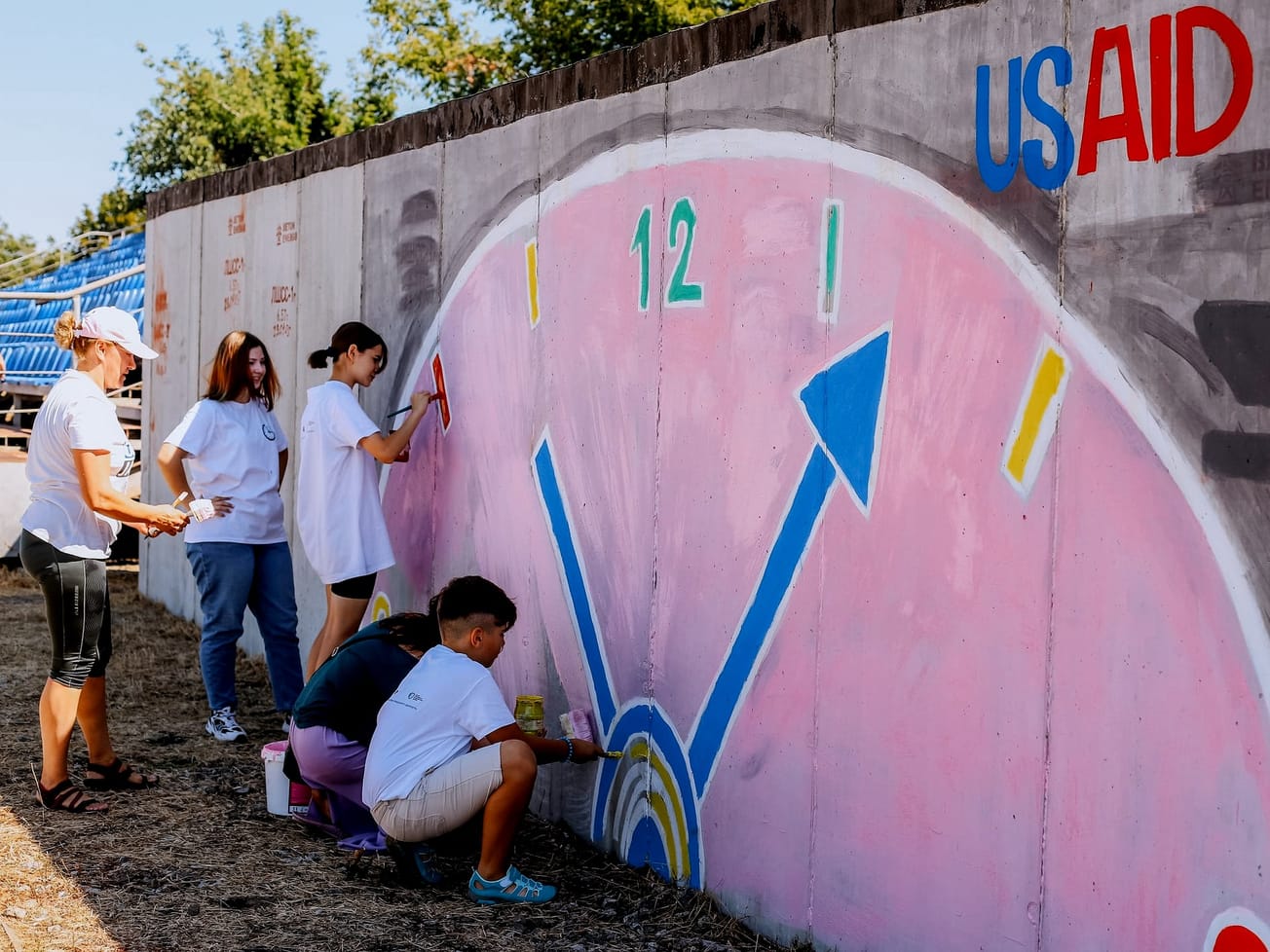Red Cross and U.N. workers rescued 101 civilians trapped for two months in darkness inside the Soviet-era Azovstal steel plant in Ukraine's besieged port city of Mariupol, successfully transporting them and dozens of others to safety as part of a negotiated "safe passage" operation, U.N. officials said on Tuesday.
Humanitarian officials carried out the evacuation from Azovstal over the weekend, bringing the civilians, including elderly women and mothers with young children, by bus and ambulance to Ukrainian-controlled Zaporizhzhia. The evacuation was agreed to under terms negotiated by U.N. Secretary-General António Guterres during his visits to Moscow and Kyiv.









